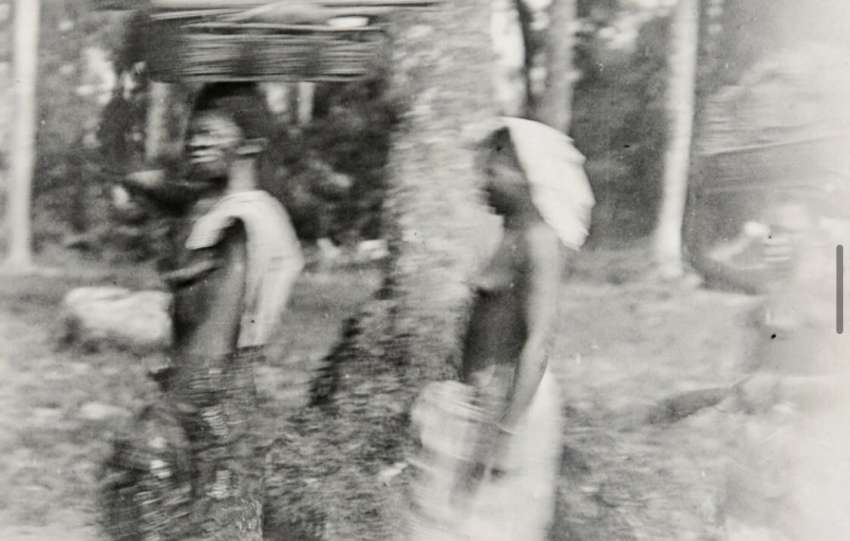In the cultural life of the Ngwa Igbo, a significant Igbo sub-group in present-day Abia State, relationships between men and women have always reflected more than personal affection. They express an entire social philosophy of kinship, morality, and economic balance. Among these relationships, one of the most misunderstood yet socially structured institutions was iko…






